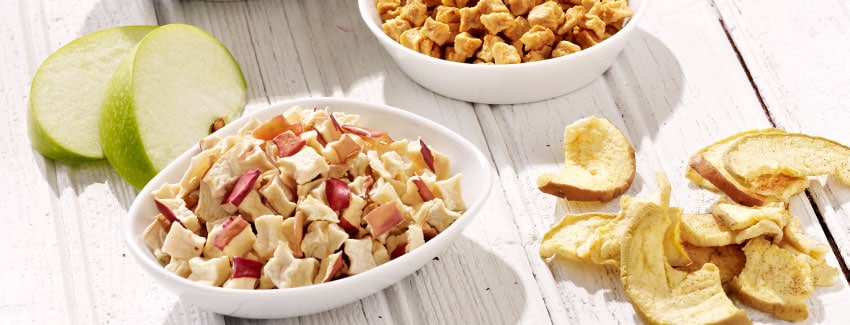
What is it and why does it matter?
The term Food Fraud is new to the food industry, but the adulteration of foods for economic gain is not a new concept. In fact, it is documented as far back as ancient Rome, where laws were enacted to prevent the watering down of wine for sale to “stretch” the commodity. Food Fraud is defined as the act of purposely altering, misrepresenting, mislabeling, or substituting food products at any point along the supply chain. Food Fraud can be as simple as watering down expensive ingredients to dilute them and increase profit to as extreme as adding dangerous fillers to products that adversely affect the health of its consumers.
The reason why Food Fraud is so prevalent is simple. It’s all about money. How to make the most money while using the least amount of product. As you might guess, the products most susceptible to Food Fraud are higher dollar items like honey, olive oil, and alcohol; but it’s not limited to these more expensive items. Food Fraud is seen in products as simple as 100% Lemon Juice by diluting it with water, sugar, citric acid, or bergamot juice.
Far reaching consequences
In terms of our food supply, our world is vast. Today we can eat a pizza with ingredients sourced from more than 10 countries. This provides many opportunities for Food Fraud. To counter this, U.S. federal regulations require manufacturers to evaluate and mitigate risks related to raw ingredients susceptible to Food Fraud. Very specific risk evaluations are done for ingredient types to ensure there is minimal risk of dilution, substitution, alteration, mislabeling, and misrepresentation. One other aspect of these regulations is to ensure the product produced from the raw ingredients is protected against internal Food Fraud.
Evaluation of every product and raw ingredient involves countless hours and constant vigilance. Tools can be purchased to ease this burden, such as access to online databases that track all incidents of Food Fraud globally. If this was simply a problem with suppliers diluting products to increase profits, it may not be as big of a concern, but in many cases, Food Fraud can be dangerous. One of the most renowned cases of Food Fraud is the melamine tainted powdered milk, which injured approximately 600,000 and caused 6 infant deaths in 2008. The melamine was added to baby formula to increase the nitrogen content in the diluted milk to “trick” the quality testing into providing a higher protein content than was in the milk. This was a very extreme case, but there are documented allergic reactions to products that are labeled to contain no allergens but have been adulterated with allergen components as a means of Food Fraud.
A promise of authenticity
Tree Top has gone through extensive evaluation of all our ingredient and product types to ensure risk of Food Fraud is minimal. Along with this evaluation, our supplies of raw ingredients are assessed thoroughly to make sure our products are of the highest quality. Food Fraud is just one of the many factors we constantly monitor to ensure not only the highest food safety standards are achieved, but also the highest quality products are produced.
Let me know about your experiences with Food Fraud, and the prevention measures your company has. And I’m always happy to answer questions about our quality evaluations. Feel free to contact me at Kristine.mcdonald@treetop.com




